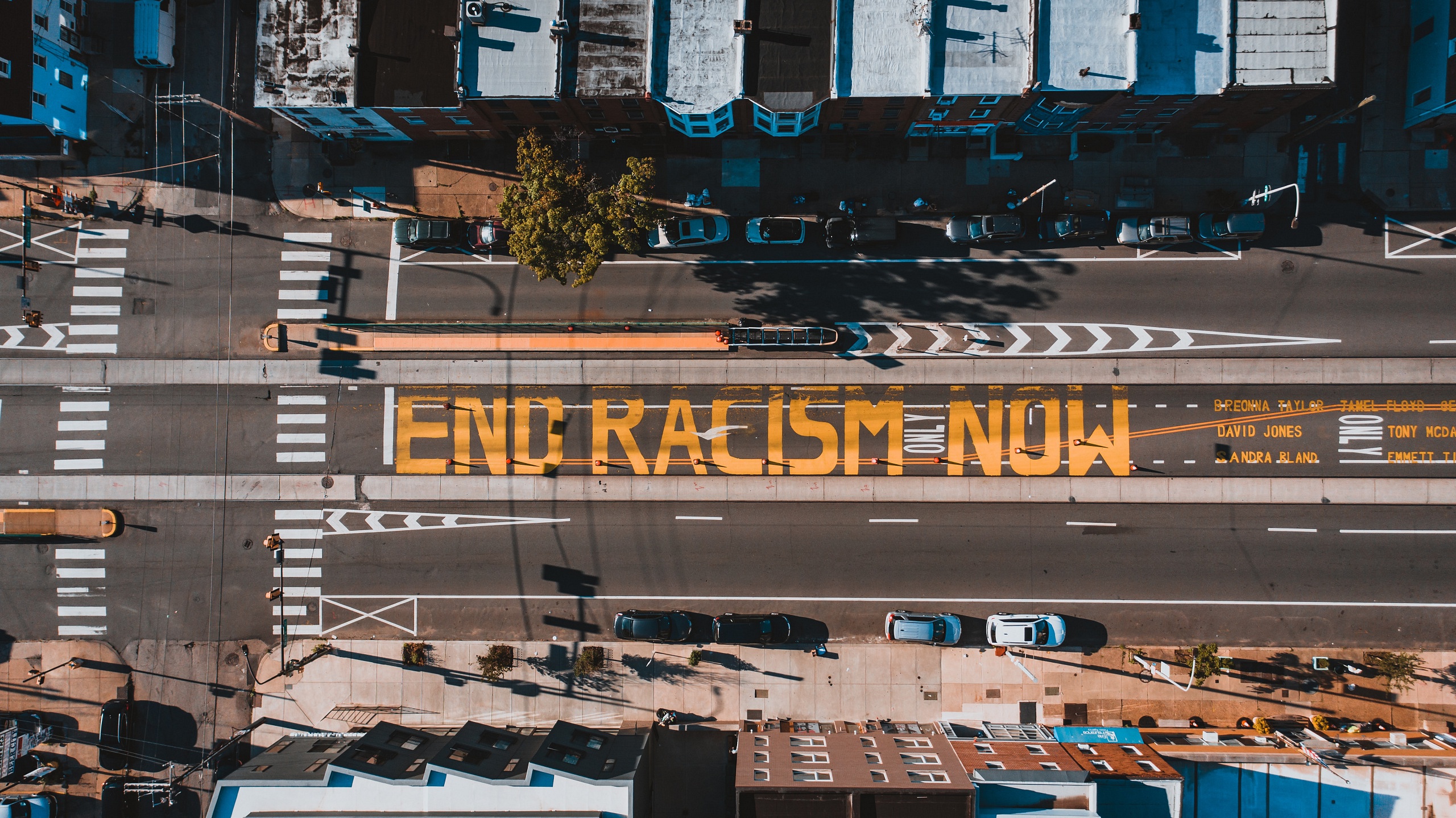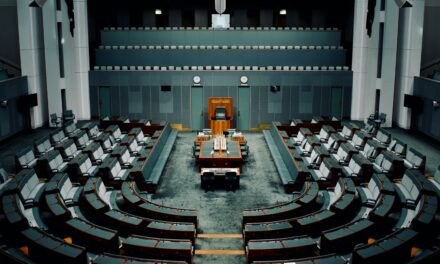The Taliban are fighting for a cause, their own movement. In the youthful days of the organisation, the Taliban quickly gained popularity by stamping out corruption, providing protection for businesses and enforcing the law.[1] Nowadays the group has become synonymous with terror, accomplished by practicing a strict interpretation of sharia law.
Nevertheless, if we strip back the layers to reveal the basic elements, we will find that the Taliban have much in common with other historical movements (the Civil Rights Movement and the Women’s Rights Movements come to mind). The common factors being; there is a demographic that feel unheard, underrepresented, powerless and cries out for change. Although more strikingly, what movements have in common is that they create change through civil disobedience.[2]Rosa Parks, Nelson Mandela and Mullah Omar were all rule breaking radicals in their own right, but we hold Rosa Parks in high esteem and cheer at the death of Mullah Omar even when the fundamentals of their respective movements are equally law breaking. Thus, can we consider the Taliban to have a legitimate movement brought about through civil disobedience?
The reader’s hastiness to assign the dogma of the Taliban as “morally wrong” is forgiven. Any notion of a moral wrong implies that there is a natural truth when, in fact, the contrary is true. Moreover, we should avoid the trap of moral arrogance since all individuals have the right to express their own views. Rather, the emotional experience of a moral is personal to the agent. Take, for instance, the stance of the Prime Minister of Pakistan who has expressed support for the Taliban;[3] he too has an equal right to claim such arrogance. A better approach to identifying legitimate disobedience is through objective criteria.
First of all, as a brief note, although there have been many attempts to define civil disobedience,[4] many fall short of providing an objective test. To formulate objective criteria we first need to address whether it is ever permissible to deviate from the law. One approach is to reduce the law to a simple definition. Simply, the law (in a democracy) is nothing but the manifestation of the aggregate of societal norms; and therefore a best effort guidebook for society. A pragmatic approach, taken by the philosopher Charles Frankel, is to reason why strict obedience would lead to absurdity.[5] Nevertheless, both approaches permit disobedience.
However, the dissenter must stride with caution. Taking a lesson from our defiant past, our predecessor broke the law with an objective and purpose. Successful movements are always consistent with what right they are insisting upon and set limits to the extent they are willing to deviate from norms. Therefore, unsatisfied with existing definitions, I regard legitimate disobedience as: the reasonable assertion of a right through disobedience, whereby such disobedience is proportional to the right asserted.
Turning back to the case of the Taliban, we can see that the organisation has the object of asserting (their) religious rights within the State of Afghanistan. By international standards, the right to religious freedom is a fundamental right.[6] Thus, disobedient acts in the course of securing such a right must not be considered unreasonable.
However, the means through which the organisation has chosen to assert their rights is grossly disproportionate to anyreligious freedom. They seek to enforce a world which has been banished to the history books. A world where heads roll the streets, where women are stripped of equal opportunities and where children are molested at the hands of older men. On the orders of the manual of terror, we now see an Afghanistan where women are forced out of their jobs, kicked out of schools and locked in their homes. They are free to believe in their monstrous ideology if they so wish to, but they will never be considered legitimate.
Should the reader be unsatisfied by my own reasoning, then I shall leave them with the words of Carl Cohen: The civil disobedient accepts, while the revolutionary rejects, the frame of established authority and the general legitimacy of the system of laws.[7] Therefore, the Taliban are rebels, not radicals.
Beyond the analogy of the Taliban, the key takeaway here is to advance objectivity in law by divorcing irrationality from legal reasoning. To gain insight into the minds of the ignored, we must be willing and able to depart from that which has given us comfort. The test of reasonableness and proportionality allows us to do just that. Only then will we be able to distinguish those who want to live among us from those who want to control us.
[1] BBC News, ‘Who are the Taliban?’ (18 Aug 2021) <https://www.bbc.com/news/world-south-asia-11451718> accessed 29 Sept 2021
[2] Delmas, Candice and Kimberley Brownlee and Edward N. Zalta (ed.) ‘Civil Disobedience’, The Stanford Encyclopedia of Philosophy (Summer 2021 Edition) <https://plato.stanford.edu/archives/sum2021/entries/civil-disobedience/>accessed Sep 22 2021
[3] James Landale, ‘Afghanistan: What rise of Taliban means for Pakistan’ (Sep 2 2021) <https://www.bbc.com/news/world-asia-58443839> accessed Sep 22 2021
[4] Delbert D. Smith ‘The Legitimacy of Civil Disobedience as a Legal Concept’ (1968) 36 Fordham Law Review 707, 713-19
[5] Charles Frankel, ‘Is It Ever Right To Break the Law?’ The New York Times (Jan. 12, 1964) <https://www-nytimes-com.tilburguniversity.idm.oclc.org/1964/01/12/archives/is-it-right-to-break-the-law-the-question-is-raised-by-recent.html> accessed Sep 22 2021
[6] Universal Declaration of Human Rights, Article 18.
[7] Carl Cohen, ‘Civil Disobedience and the Law’ (1966) 21 Rutgers L Rev 1, 3









heb echt genoten van dit artikel, behandelde alle punten op een heel scherpzinnige manier en zette me aan het denken!